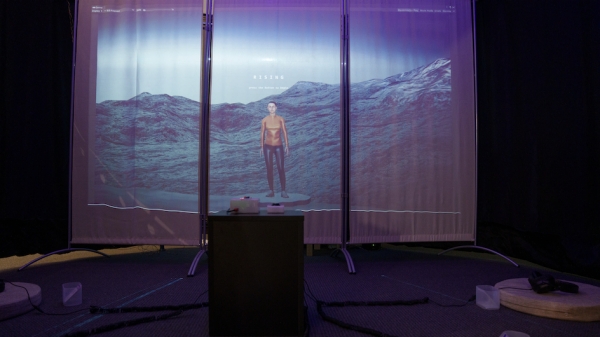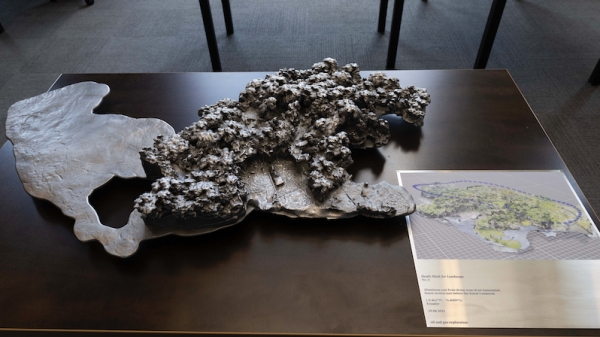What is Creative Research?
What is "creative" or "artistic" research? How is it defined and evaluated? How is it different from other kinds of research? Who participates and in what ways - and how are its impacts understood across various fields of inquiry?
After more than two decades of investigation, there is no singular definition of “creative research,” no prescribed or prevailing methodology for yielding practice-based research outcomes, and no universally applied or accepted methodology for assessing such outcomes. Nor do we think there should be.
But institutions need rubrics against which to assess outcomes. So, with the help of the Faculty Research Working Group, we have developed a working definition of creative research which centers inquiry while remaining as broad as possible:
Creative research is creative production that produces new knowledge through an interrogation/disruption of form vs. creative production that refines existing knowledge through an adaptation of convention. It is often characterized by innovation, sustained collaboration and inter/trans-disciplinary or hybrid praxis, challenging conventional rubrics of evaluation and assessment within traditional academic environments.
Artists are natural adapters and translators in the work of interpretation and meaning-making, so we are uniquely qualified to create NEW research paradigms along with appropriate and rigorous methods of assessment. At the same time, because of Tisch's unique position as a professional arts-training school within an R1 university, any consideration of "artistic" or "creative research" always references the rigorous standards of the traditional scholarship also produced here.
Over the long-term, Tisch will continue to refine its evaluative processes that reward innovation, collaboration, inter/trans-disciplinary and hybrid praxis. At the same time, we must continue to incentivize faculty and student work that is visionary and transcends the obstacles of convention.
As the research nexus for Tisch, our responsibility is to support the Tisch community as it embraces these challenges and continues to educate the next generation of global arts citizens.

